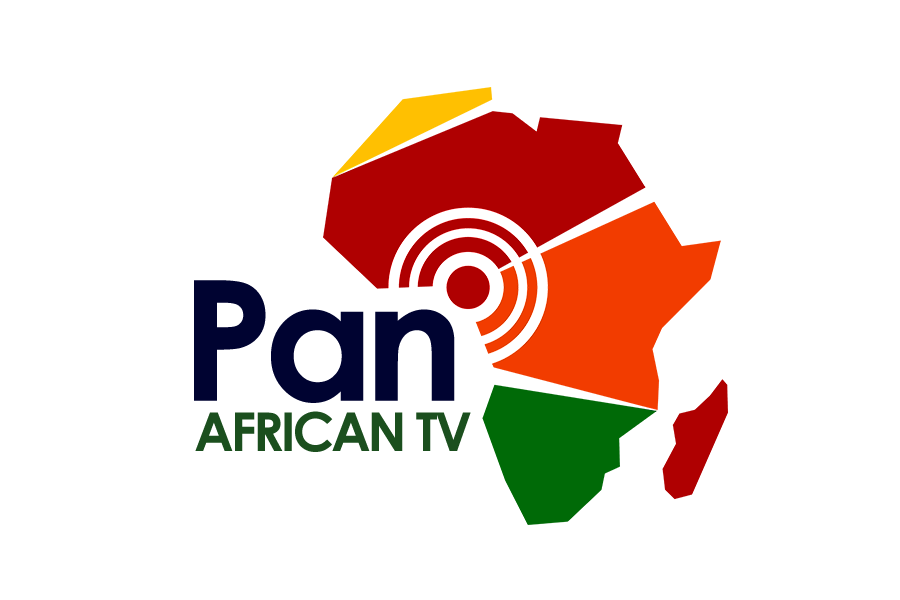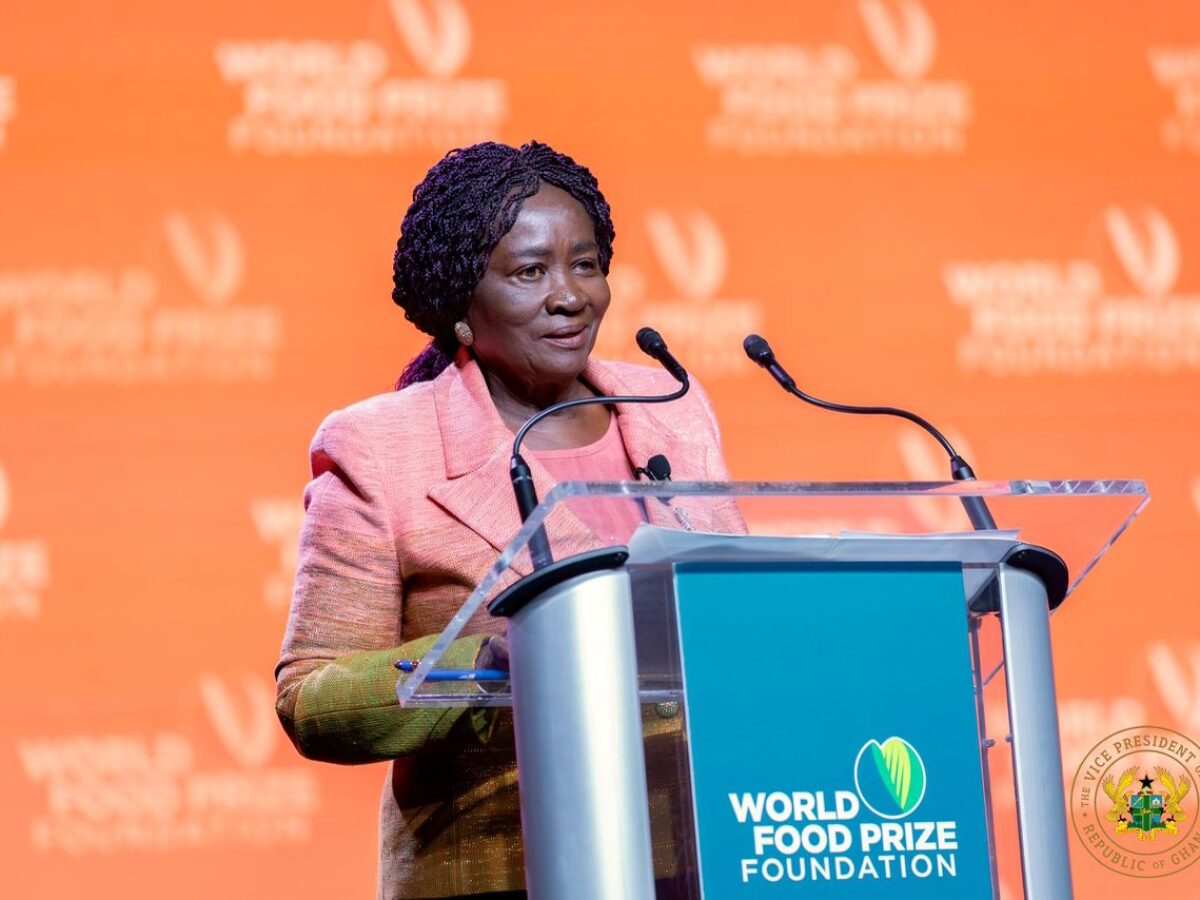Women’s Development Bank to Tackle Inequities in Agriculture – Vice President
Vice President, Professor Naana Jane Opoku-Agyemang, has announced that government will soon establish a Women’s Development Bank to address the longstanding inequalities faced by women in agriculture.
Speaking at the closing session of the Norman E. Borlaug International Dialogue in Iowa, USA, the Vice President said the new bank will provide dedicated financial support and empowerment programs for women working across Ghana’s agricultural value chains.
She explained that while women constitute more than half of the country’s agricultural workforce, they continue to face barriers in accessing land, credit, technology, and training. “We cannot achieve true agricultural transformation if half of our farmers remain excluded from resources and opportunity,” she said. “The Women’s Development Bank will correct these inequities and ensure women have the tools to thrive.”
Professor Opoku-Agyemang emphasized that the initiative forms part of President John Dramani Mahama’s broader vision to promote inclusive agricultural growth under the Feed Ghana and Grow24 programmes.

The Feed Ghana Programme, she explained, is a coordinated, market-driven framework covering 22 commodity value chains including grains, legumes, vegetables, tree crops, and livestock focused on addressing bottlenecks in irrigation, processing, and storage. The Grow24 Programme, on the other hand, aligns with the 24-Hour Economy agenda and seeks to modernize value chains, expand agro-manufacturing, and promote export-oriented agribusiness.
The Vice President further noted that Ghana’s agricultural transformation strategy also includes a five-year Agricultural Risk Management Strategy, targeting key commodities such as maize, tomato, and poultry, to improve productivity and reduce market volatility.
She underscored the government’s investment in youth-led agritech, mechanization services, and digital platforms to create opportunities for young people in the sector. “We are building a modern, competitive, and inclusive agricultural economy that creates jobs and prosperity, especially for our youth and women,” she said.

Professor Opoku-Agyemang reiterated that Ghana’s goal is to move from a raw material exporter to a value-adding producer that captures real economic benefit. With the African Continental Free Trade Area (AfCFTA) headquartered in Accra, she said Ghana is strategically placed to expand regional trade, strengthen agro-industries, and empower smallholders across borders.
“Self-sufficiency is not just about producing more food,” she added. “It is about building fairer systems, where women farmers, traders, and processors have equal access to opportunity.”
Following her keynote address, the Vice President joined Dr. Akinwumi A. Adesina, President of the African Development Bank, for a fireside conversation on Ghana’s agricultural priorities and strategies for inclusive growth in Africa.
The event concluded with the presentation of the 2025 World Food Prize to Dr. Marieangela Hungria, a Brazilian agronomist recognized for her groundbreaking research on biological nitrogen fixation, which is transforming sustainable food production worldwide.
The Norman E. Borlaug International Dialogue, organized by the World Food Prize Foundation, brings together global leaders, scientists, and policymakers to advance practical solutions for global hunger and agricultural development.


